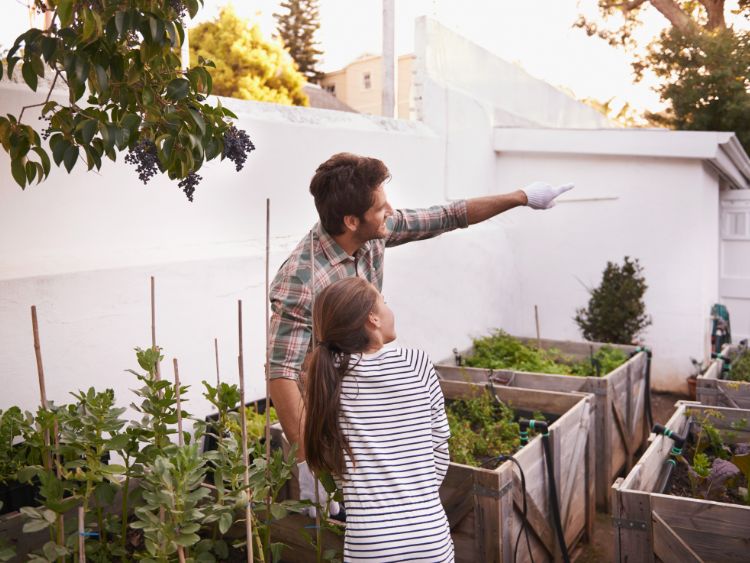Gardening isn’t just about throwing seeds in the soil and hoping for the best; it’s an art that requires patience, strategy, and a bit of elbow grease. Whether you’re a seasoned gardener or just dipping your toes into the dirt, these expert gardening tips will help you cultivate a thriving patch that’s as bountiful as it is beautiful.
Oh boy, isn’t gardening one of the most rewarding hobbies out there? You get to connect with nature, enjoy some fresh air, and if everything goes right, you can even strut around bragging about the fruits (and vegetables and flowers) of your labor. But as fun as it might sound, gardening can also be daunting for newbies and even for those who’ve been at it for years. That’s where we step in with some top-notch gardening tips to make your garden the envy of the neighborhood!
Getting the Basics Right
Before we dive deep into the secrets of successful gardening, let’s cover some basics to ensure you’re building on solid ground.
1. Know Your Zone
Understanding your climate zone will help you figure out what plants will thrive in your garden. The USDA Plant Hardiness Zone Map is a great tool to start with.
2. Test Your Soil
Stick your hands in the dirt! Soil testing kits are inexpensive and provide a wealth of information about the nutrient content and pH level of your soil. This will tell you exactly what your garden needs.
3. Choose the Right Plants
Not every plant will love the place you live. Choose plants that will naturally thrive in your climate and soil type. Local gardening stores can offer advice on the best picks for your area.
4. Plan Your Garden Layout
Consider how much sun and shade each part of your garden receives. Planning will prevent many headaches by ensuring plants have the optimal conditions they need to flourish.
Advanced Techniques for a Flourishing Garden
Now, let’s roll up our sleeves and dig into some advanced gardening tips that can turn a good garden into a great one!
1. Companion Planting
Some plants are just meant to be together. Planting basil near tomatoes, for instance, can help repel pests and enhance the flavor of your tomatoes.
2. Succession Planting
To maximize the use of space and keep your garden productive, plant new crops in areas that become vacant as others finish. This keeps your garden producing all season long.
3. Vertical Gardening
Don’t have a lot of space? No problem! Go up! Trellises, hanging baskets, and green walls can all add a new dimension to your gardening.
4. Mulching
Mulch isn’t just decorative. It helps retain soil moisture, keeps weeds at bay, and can enrich the soil as it decomposes. Organic mulches like straw or bark chips are popular choices.
Maintenance: Keeping Your Garden Happy
1. Regular Weeding
Keep those pesky weeds at bay! Regular weeding ensures that your plants don’t have to compete for nutrients and water.
2. Proper Watering
Overwatering is just as problematic as underwatering. Most plants prefer a deep, infrequent watering regime that mimics natural rainfall.
3. Pest Control
Keep an eye out for any unwelcome visitors. Natural remedies, such as neem oil or homemade insecticidal soaps, can be effective without harming the environment.
4. Pruning
Don’t be afraid to give your plants a good trim. Pruning encourages healthy growth and can prevent diseases by improving air circulation.
FAQs
Q: How often should I water my garden? A: It depends on your climate, soil, and plants, but a general rule of thumb is to water deeply once a week rather than a little every day.
Q: What should I do if my plants start to look sick? A: Check for common signs of distress like discoloration or wilting and try to adjust water and sunlight levels. If the problem persists, consult a local expert.
Q: Can I use kitchen scraps for compost? A: Absolutely! Composting kitchen scraps is a fantastic way to reduce waste and enrich your soil.
Summary
Well, there you have it—gardening tips galore to help you cultivate a thriving garden. Whether it’s choosing the right plants, mastering the art of mulching, or getting your hands dirty with some advanced gardening techniques, these tips should steer you in the right direction. Remember, gardening is a journey, not a race. Take your time, enjoy the process, and let the beauty of nature do the rest. Happy gardening!

